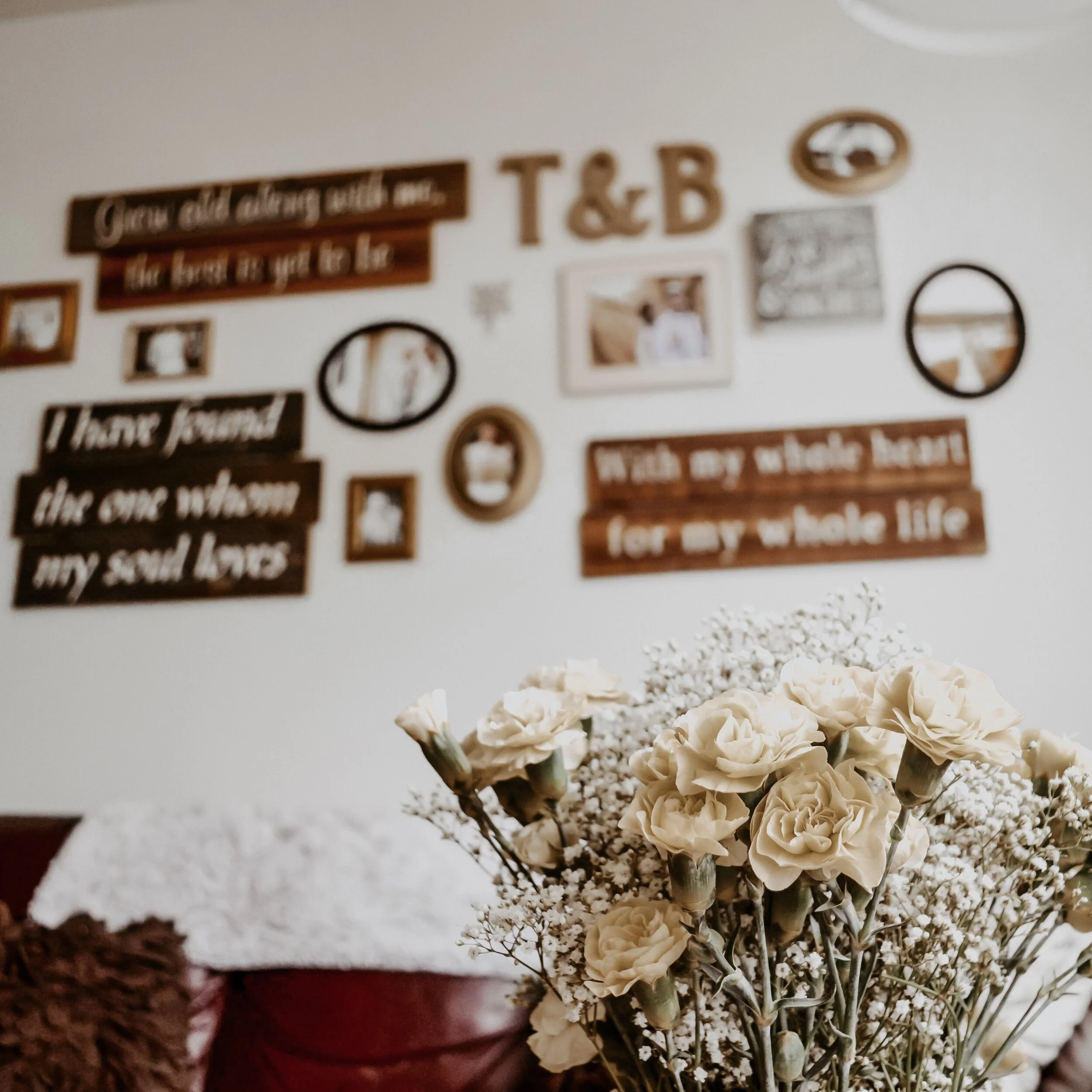Why Didn't We Do This Before?
/If there’s one thing we all have more of right now, it’s time. Whether you actually have more time or just more time to use in different ways, there’s more time to think, time to be, time to connect. And I can’t help but think — why didn’t we do this before?
Why didn’t we prioritize slowing down?
Why didn’t we have proper meals and spend time making good, wholesome food from scratch?
Why didn’t we sit down, kick up our feet, pull from our bookshelf that’s collecting dust, and read more?
Why didn’t we bake loaves of bread and share with our neighbors?
Why didn’t we proactively watch out for each other?
Why didn’t we prioritize our health, regularly getting outside (while practicing social distancing, of course) for some vitamin D, fresh air, and exercise?
Why didn’t we prioritize mindfulness and build a home yoga practice?
Why didn’t we facetime with our out-of-state family and friends on a regular basis?
Why didn’t we prioritize what we love to do, building and crafting with our hands?
Why didn’t we prioritize sustainable, minimal living?
I think we’re now realizing more than ever the importance of connection. Connection to ourselves, our families and loved ones, our communities, our world, and our universe.
If there’s one thing I’d love to see happen as we come out of this global pandemic, it’s that we don’t lose these new habits we’re forming. These habits of meaningful connection and intentional living.
What are the new habits you’re forming that you hope to carry on when life goes back to “normal”? I’ll leave you with this quote from Dave Hollis:
“In the rush to return to normal, consider which parts of ‘normal’ are worth rushing back to.”













